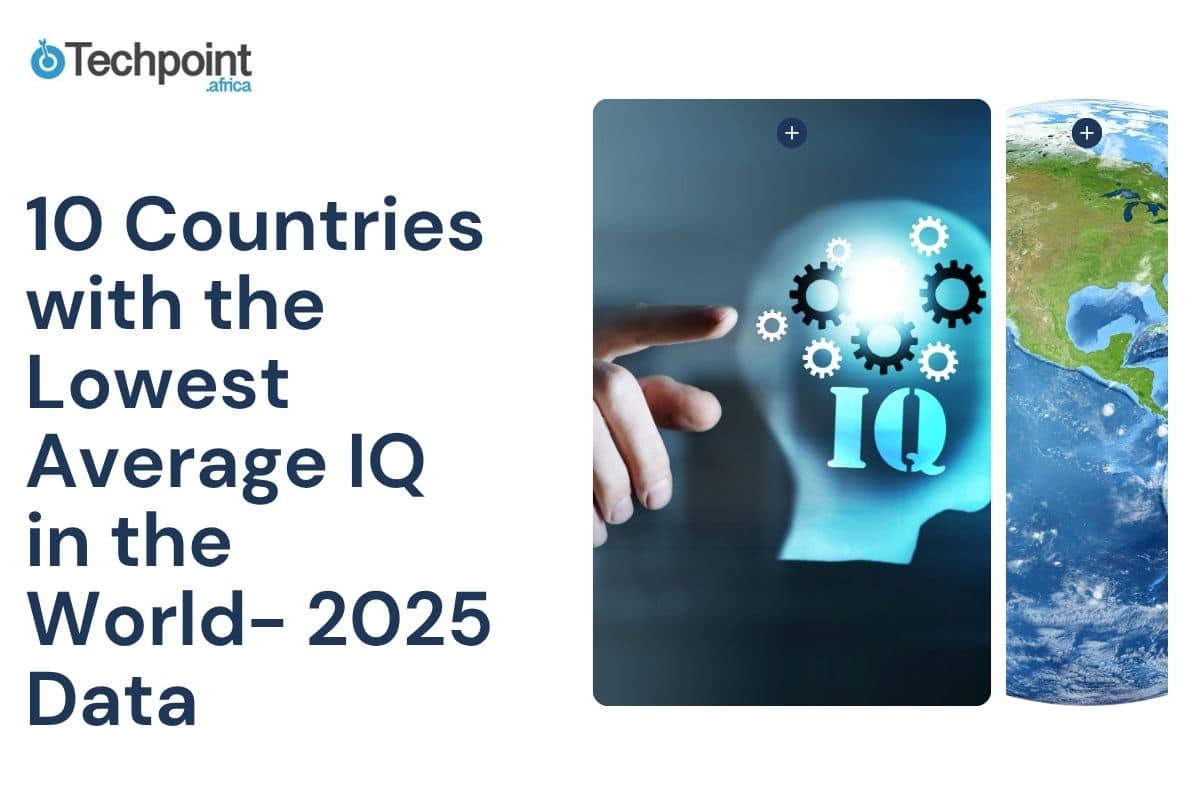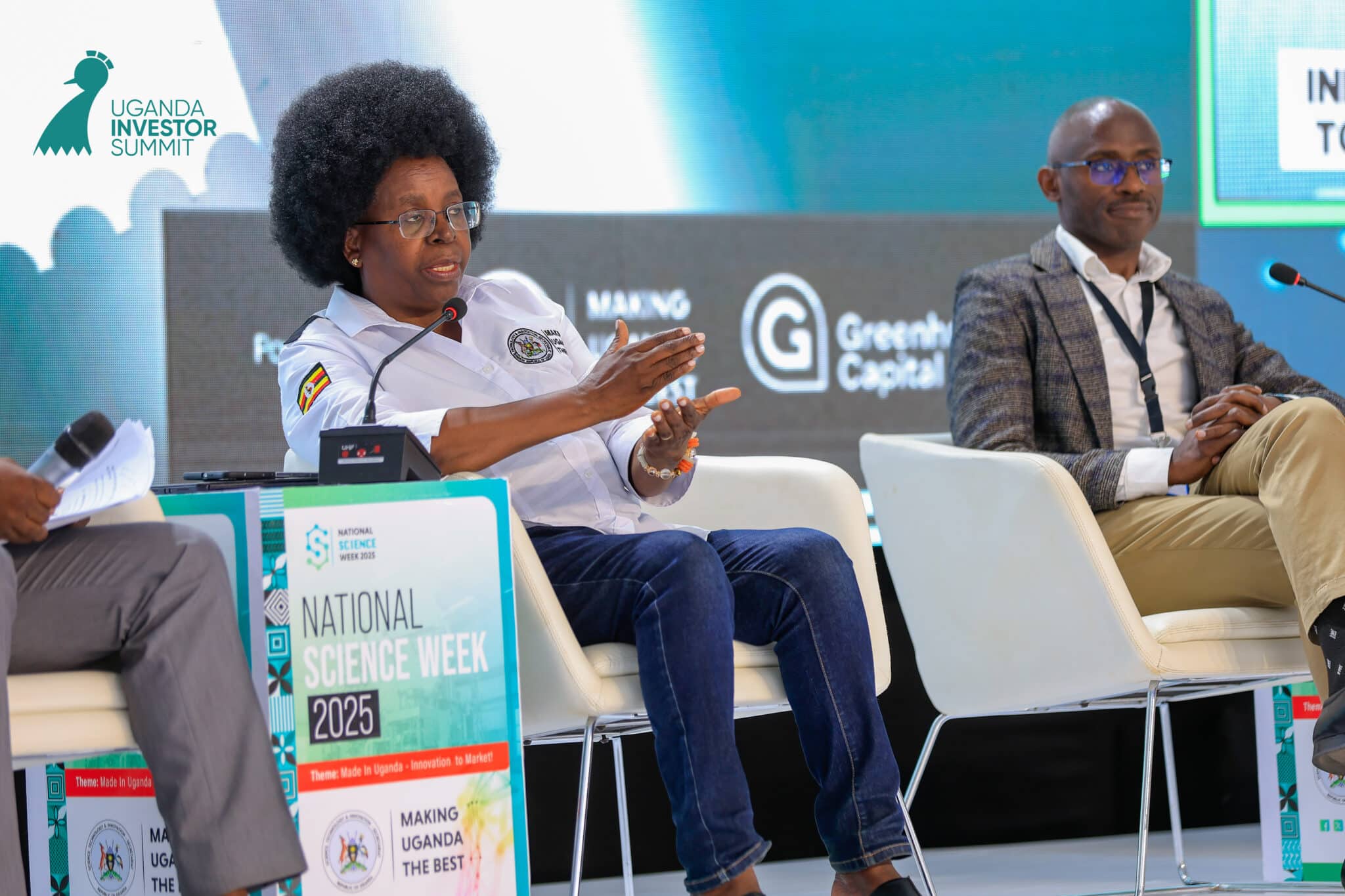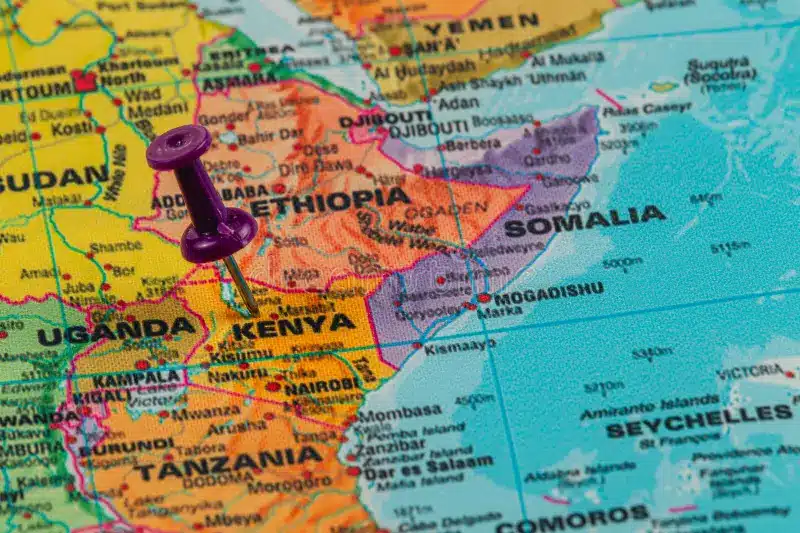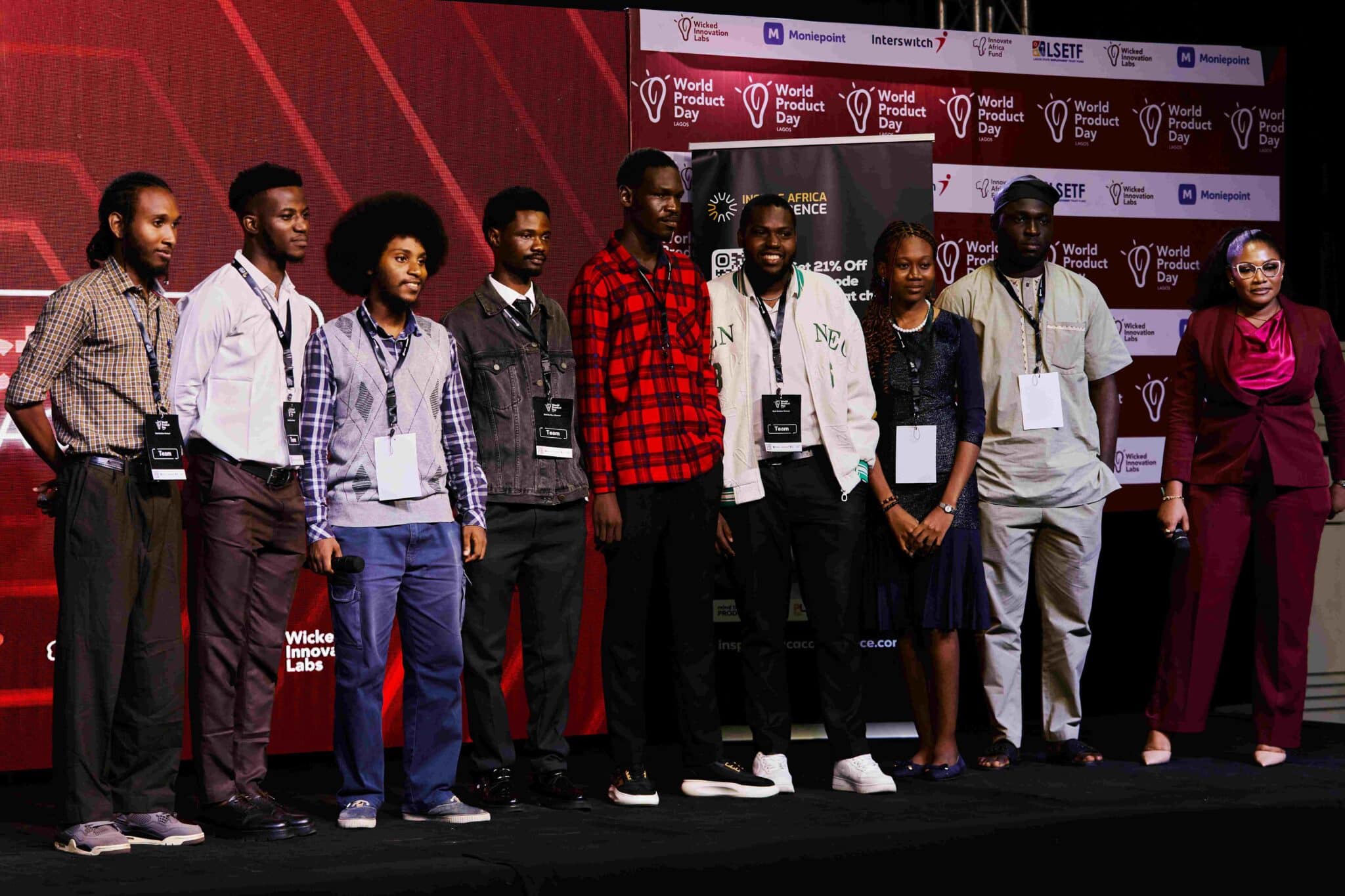For much of its history, coverage of the African startup scene has tended to be glowing accounts of innovation and grit, and for good reason. A young ecosystem battling scarce funding opportunities, low infrastructural development, and near-absent government support needed all the support it could get.
But that has changed in the past two years. There’ve been unsavoury reports about startups with common themes like financial misappropriation, poor or absent corporate governance, sexual harassment, and toxic work cultures.
A global venture capital shutdown has also exposed the business models and, in some cases, the business acumen of many startup founders. Since 2022, startups like Chipper Cash, Lazerpay, and Bundle have either shut their doors or laid off significant portions of their staff.
Interestingly, many have cited harsh economic conditions and an inability to raise more venture capital as their reasons for these decisions.
In September 2023, TechCabal reported that fintech startup, Payday was searching for a buyer. WeeTracker reported in March 2023 that Moniepoint was in talks to acquire the three-year-old startup for under $40 million. Moniepoint quickly refuted the report, while Payday declined to respond.
By any standards, the potential sale of a startup should be good news for both founders and investors in an ecosystem that has seen few exits. However, that development was overshadowed by reports of unilateral product decisions and co-founder disputes.
Over in Ghana, fintech startup, Dash, closed shop earlier this month. The fintech, founded by Prince Boakye Boampong, had raised more than $80 million from investors before its shutdown.
Its troubles began in February 2023, when Boampong was suspended for financial misreporting. Much of the ‘impressive’ growth that the company reported turned out to be false, while there was more than $25 million unaccounted for.
Lax due diligence and weak governance controls
Coming in a year when funding has been hard to come by for African startups — only $2.3 billion has been raised in 2023 compared to over $4 billion in 2022 — this has unsurprisingly drawn various reactions from stakeholders.
While many hold that such incidents do not represent the full picture of Africa’s startup ecosystem, others maintain that frequent reports of malfeasance would only worsen outside perceptions of the continent’s startup ecosystem, an important point to note considering much of the continent’s venture capital comes from foreign VC firms.
These incidents have raised conversations about which party is to blame, and investors who spoke to Techpoint Africa identified lax due diligence and weak governance frameworks as some of the factors responsible for these incidents.
For Adesuwa Okunbo Rhodes, Founding Partner at Aruwa Capital Management, little or no due diligence puts both founders and investors at risk.
“A strong board, as well as the right level of oversight on operations with regular check-ins with management and the team, can help to highlight early if there are gaps. I would be surprised if the companies we have heard scandals of recently had effective boards or local investors with regular access to the company’s operations.”
Eghosa Omoigui, Managing General Partner of EchoVC Partners, echoes her thoughts.
“With many companies being funded with no governance guardrails, no one was watching the shop. Even when folks were watching the shop, the presence of asymmetric lines of information meant that investors weren’t always being told the truth about the state of the business.”
Another reason identified for these incidents is the unprecedented influx of cash in recent years. Until 2019, African startups had never hit the $1 billion mark, but since then, startups have gone from $1.3 billion in 2019 to $4.8 billion in 2022.
“Companies were getting Series A-sized rounds while still trying to navigate pre-seed level risk. So founders that had never seen $10k in cash except in movies now had sole access to bank accounts that had several million dollars,” said Omoigui.
Founder misconduct have far-reaching effects
Okunbo Rhodes and Omoigui stress that bad behaviour by founders hurts everyone in the ecosystem.
“There is already an uphill battle in convincing new foreign investors to invest into what is still a relatively new VC ecosystem so these stories don’t help to alleviate their preconceived fears of Nigeria and Africa,” Okunbo Rhodes said.
“In a market where the uneven global and continental macro has triggered a risk-off mentality among early-stage VCs, adding a layer of fraud, impropriety, misappropriation and misallocation just makes it so much harder for entrepreneurs trying to build material companies and deliver impact and VCs trying to raise funds to back such founders,” Omoigui submitted.
Tamara Posibi, Chief Consultant at Irtus Business, a startup advisory and private equity firm, holds similar notions. She shares the story of a foreign investor who planned to make more investments in Nigeria but elected to scale back their activities as proof that these stories can be damaging to an ecosystem.
“It’s a bit unfortunate because perception really does matter. We’re already working on cleaning up that reputation, and these stories don’t put us in a good light.”
Sanitising Africa’s startup ecosystem
In the aftermath of Elizabeth Holmes’ deception, startup founders, particularly those in the healthcare space reported higher levels of scrutiny from investors. Female founders also reported being asked to show how they differed from the failed healthtech.
“I still today see hesitation by traditional VCs to fund a diagnostics company. It really narrows the list to a short list of potential investors,” Heather Bowerman, Founder and CEO of diagnostics startup, DotLab, told the New York Times.
Similarly, there are fears that African founders may face increased scrutiny, making it harder for startups to raise capital.
For Omoruyi Edoigiawerie, a startup lawyer and the Lead Partner at Edoigiawerie & Company LP, the tide is already changing, and foreign investors are already tightening their purse strings and pursuing stricter controls.
“I’ll tell you that the due diligence requests I received in 2021 and the due diligence requests I’m receiving in 2023 are [significantly different]. [Investors] are beginning to ask very important questions, and beginning to look beyond the product, the market, and the founder.”
Despite an uptick in these stories, Posibi is adamant that there are more good founders than bad eggs on the continent.
“Investors could do better due diligence. You could hire more people on the ground to have solid due diligence done. Don’t just invest because you heard another fund investing,” she said.
Beyond conducting comprehensive due diligence, Omoigui adds that investors need to identify and fund high-integrity founders while ensuring stage-appropriate controls to prevent financial misappropriation.
“When founders think the raise is the exit, we will all have problems,” Omoigui concluded.











